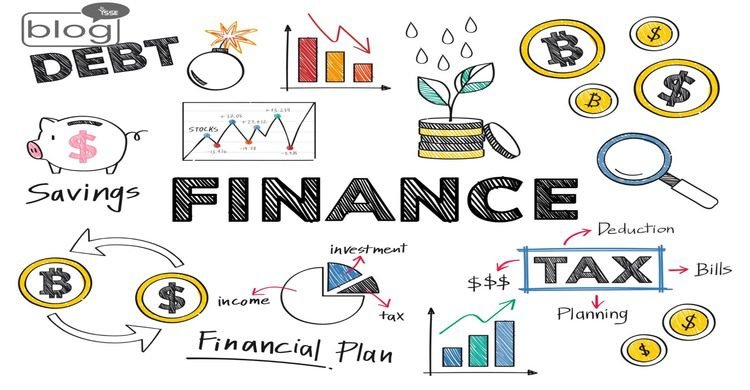Embarking on a Bachelor’s degree in Finance is an exciting journey that opens doors to a dynamic and ever-evolving field. Before diving into the world of finance, consider these key points to ensure a smooth and successful academic experience:
Foundational Knowledge
Mathematics and Statistics: A solid grasp of mathematical concepts and statistical analysis is crucial. Expect to encounter complex formulas and calculations throughout your studies.
Economics Basics: Understanding fundamental economic principles is essential for interpreting financial trends and making informed decisions.
Curriculum Overview
Core Courses: Explore the curriculum to identify core courses such as financial accounting, corporate finance, and investment analysis. Familiarize yourself with elective options to tailor your degree to specific interests.
Internship Opportunities: Look for programs that offer internships or practical experiences. Gaining real-world exposure enhances your understanding and builds a valuable network.
Technology Integration
Financial Software: Proficiency in financial software, such as Excel and specialized financial modeling tools, is a valuable skill. These tools are integral to financial analysis and reporting.
Data Analytics: As the finance industry increasingly relies on data-driven insights, having a basic understanding of data analytics can give you a competitive edge.
Networking and Professional Development
Industry Events: Attend finance-related conferences, seminars, and networking events. Building connections early on can lead to mentorship opportunities and potential internships or job offers.
Professional Certifications: Explore certifications like the Chartered Financial Analyst (CFA) or Certified Financial Planner (CFP) to enhance your credentials and stand out in the competitive job market.
Stay Informed About Industry Trends:
Read Financial Publications: Subscribe to financial newspapers, magazines, and online publications to stay updated on industry trends, market fluctuations, and global economic developments.
Follow Industry Leaders: Identify and follow influential figures in the finance industry through social media and other platforms. Learning from their insights can provide valuable perspectives.
Soft Skills Development
Communication Skills: Develop strong verbal and written communication skills. Effectively conveying complex financial concepts is essential in this field.
Critical Thinking: Improve critical thinking and problem-solving abilities. The finance industry often requires quick and strategic decision-making.
Ethics and Integrity:
Ethical Considerations: Understand the importance of ethical behavior in finance. Upholding integrity is crucial for building trust with clients and colleagues.
Regulatory Knowledge: Familiarize yourself with financial regulations and compliance standards. Compliance is a key aspect of financial operations.
Time Management:
Prepare for a demanding workload that may require balancing coursework, internships, and possibly part-time employment. Effective time management is key to success.
Career Planning:
Explore Career Paths: Research various career paths within finance, from investment banking to financial analysis. Understanding your interests will guide your career choices.
Armed with these insights, you’ll be well-prepared to navigate the challenges and opportunities that come with pursuing a Bachelor’s degree in Finance. Enjoy the journey and the knowledge you’ll gain as you embark on this intellectually rewarding path.
Click here to read more blogs.
Writer,
Fatema Tuz Zohora
Intern, Content Writing Department
YSSE.

